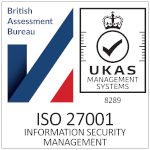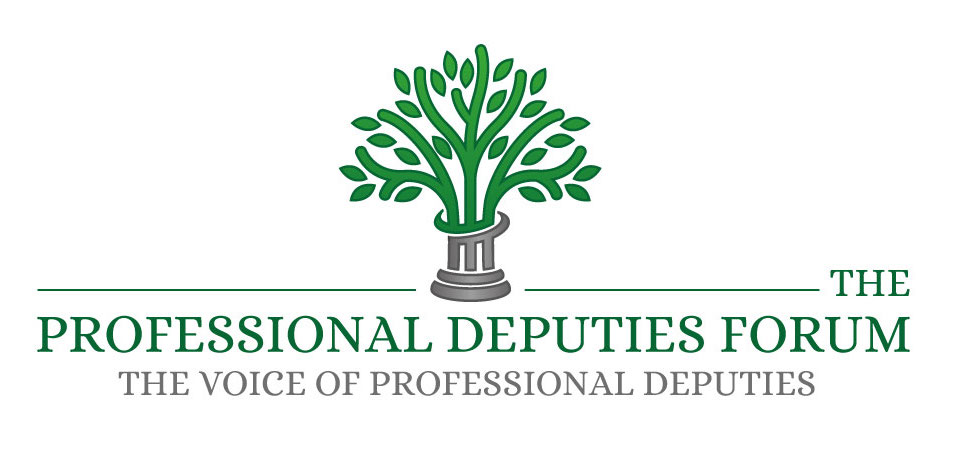
By Helen Lord
The Enforcement Conduct Board (ECB) is preparing to launch its Vulnerability and Ability to Pay Standards in January 2026. These Standards will require enforcement firms to embed a culture where identifying and responding to vulnerability comes first. From the VRS perspective, this is a welcome development – but we believe that data-sharing is essential if the Standards are to be effective in practice.
Why Vulnerability Data Matters in Enforcement
The ECB recognises that enforcement can create or compound harm if vulnerabilities go unidentified. People may experience:
- Financial harm through escalating fees or loss of essential assets
- Emotional harm such as stress, anxiety or stigma
- Physical harm where conditions are worsened by hardship
- Social harm, including family breakdown and isolation
The ECB expects enforcement to pause or cease altogether in limited cases of acute vulnerability. But to make those decisions fairly, firms need to know about people’s circumstances before they send an agent to the door.
How VRS Flags Can Help
At the Vulnerability Registration Service (VRS), we already work with creditors, utilities, debt advisers and others to ensure vulnerability is recognised early. Our system of flags provides a clear signal to enforcement firms when they need to adapt their approach.
Some of the most relevant of our 35 flags for enforcement include:
- Mental Health Flag – alerting firms to risks of psychological harm or the need for sensitive communication
- Severe or Long-Term Illness Flag – highlighting conditions that could be worsened by enforcement action
- Financial Hardship Flag – showing where any additional costs could cause disproportionate harm
- Domestic or Economic Abuse Flag – signalling situations where a standard visit could be unsafe or retraumatising
- Risk of Homelessness Flag – identifying when an individual or household is at risk of losing their home, requiring a particularly careful response
- Accessibility Flag – covering issues such as hearing or visual impairments, poor literacy, digital exclusion or language barriers that affect how people can engage
These flags are not only practical and easy for agents to use – they also give firms a consistent way to apply the ECB Standards in real-life situations. The VRS is already working with local authorities dealing with council tax, and we would encourage local authorities to share data with enforcement firms and their agents, as well as pro-actively act upon information fed back by the agents.
Beyond Flags: Guidance on What Action is Needed
Crucially, the VRS does more than simply flag a vulnerability. We also record what action the person registering wants organisations to take. This guidance means firms don’t just know that someone is vulnerable – they know how to respond appropriately.
In fact, our data shows that:
- 53% of actions requested are straightforward – people simply want organisations to use different communication channels or provide clearer explanations.
- Other actions can include requests for breathing space, avoiding doorstep visits, or signposting to support.
By following these actions, enforcement companies can meet the ECB’s outcome-focused expectations while also reducing the risk of harm.
Supporting People Directly
Alongside data-sharing, the VRS consumer portal provides a support element that helps people build resilience and take control of their circumstances. We offer a range of self-help tools, including:
- Guidance on eligibility for benefits
- Access to discounts and social tariffs
- Links to specialist advice services
This means that when people register with VRS, they don’t just make enforcement safer – they also gain access to practical support that can improve their long-term financial wellbeing.
Building a Safer Enforcement Process
The ECB’s ambition is for enforcement to become “safe by design.” To achieve this, firms need more than policies and training – they need reliable information, early in the process.
The VRS can help by:
- Giving enforcement companies early sight of vulnerabilities
- Advising on the right actions to take
- Helping agents adjust their approach before contact is made
- Supporting firms’ compliance with the ECB Standards and accreditation requirements
- Providing consumers with ongoing support through our portal
Working Together
We know firms may be concerned about the cost and practicality of accessing vulnerability information. But shared services like the VRS are designed to make it simpler and more efficient. By pooling data, the whole sector benefits from better information, lower risk, and improved outcomes.
The ECB is clear: the enforcement industry must shift its culture on vulnerability. Shared vulnerability data – and the practical support that comes with it – is one of the most effective ways to make that shift real.
At the VRS, we look forward to working with enforcement companies to ensure that the new Standards not only deliver compliance, but also a fairer and safer enforcement process for the people who need it most.













Post a comment